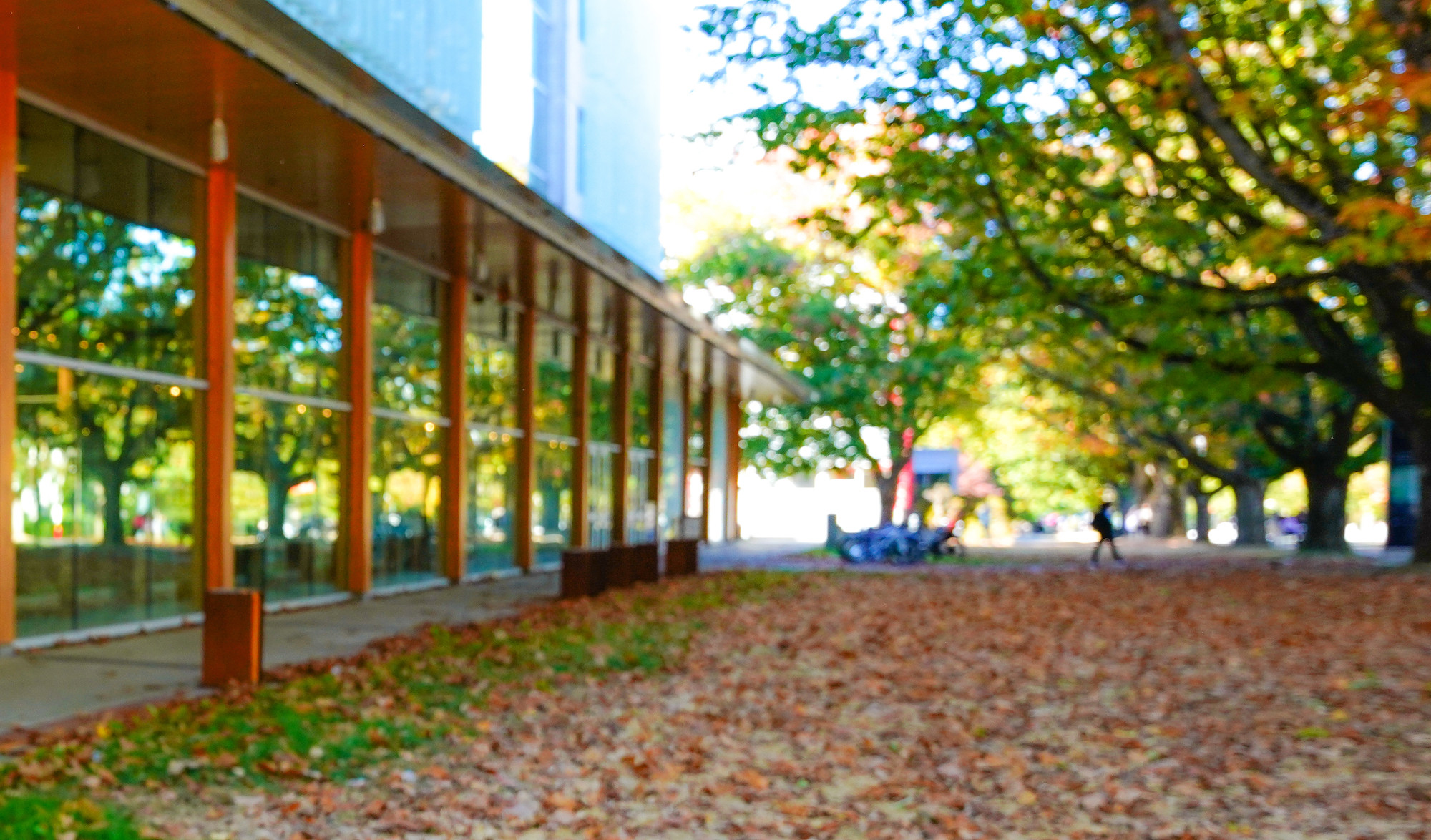Research
Research carried out at:
- Station Zoologique, Université de Pierre & Marie Curie, Villefranche-sur-Mer, France (Canada-France Exchange Fellow)
- Phuket Marine Biological Center, Thailand (UNESCO contractee)
- Bellairs Research Institute, Barbados (IDRC Research Fellowship)
- Friday Harbor Laboratories, Washington (several summer teaching and research associateships);
- Hawaii Institute of Marine Biology, Hawaii and Marshall Islands (fish poison survey);
- Bamfield Marine Station, B.C. (summer research and teaching);
- Botany Department, Oxford University (Killam Senior Fellow and Christensen Fellow, St. Catherine`s College).
Research Interests
I am interested in the study of marine phytoplankton, particularly dinoflagellates, as organisms. Consequently I have studied a variety of different aspects of their biology, including their detailed structure (particularly scanning electron microscopy) feeding by non-photosynthetic forms, community composition of natural populations in temperate and tropical waters (the tropical Pacific, Caribbean Sea, Sargasso Sea, Mediterranean Sea, the Andaman Sea and the southern and western Indian Oceans.A major research focus is the ecology of "red tide", poisonous dinoflagellates which cause paralytic shellfish poisoning in British Columbia and S.E. Asia, and "brown tide" which kills farmed salmon. I have carried out some traditional taxonomy and also enzyme electrophoresis studies on the poison producers because, as we learn more about them, several of the most important species begin to "blend" and are hard to tell apart. I have also studied the factors governing the distribution of a tropical dinoflagellate which lives on the surface of seaweeds and produces Ciguatera poisoning, in which fish become fatal to humans if eaten.
Symbiosis at the unicellular level is of interest to me, both practically (in its probable role in the origin of the eukaryotes) (see Publ. list).
Current plans are to continue focussing on "red tides" in British Columbia, particularly as they relate to aquaculture, but anything that is interesting in the way of dinoflagellate biology or intracellular symbiosis will be pursued if it is within our expertise to study it.
A valuable adjunct to our research is the North East Pacific Culture Collection of marine phytoplankton (NEPCC), which presently consist of approximately 300 strains, most of which are from our waters. These are also provided to researchers throughout the world.
